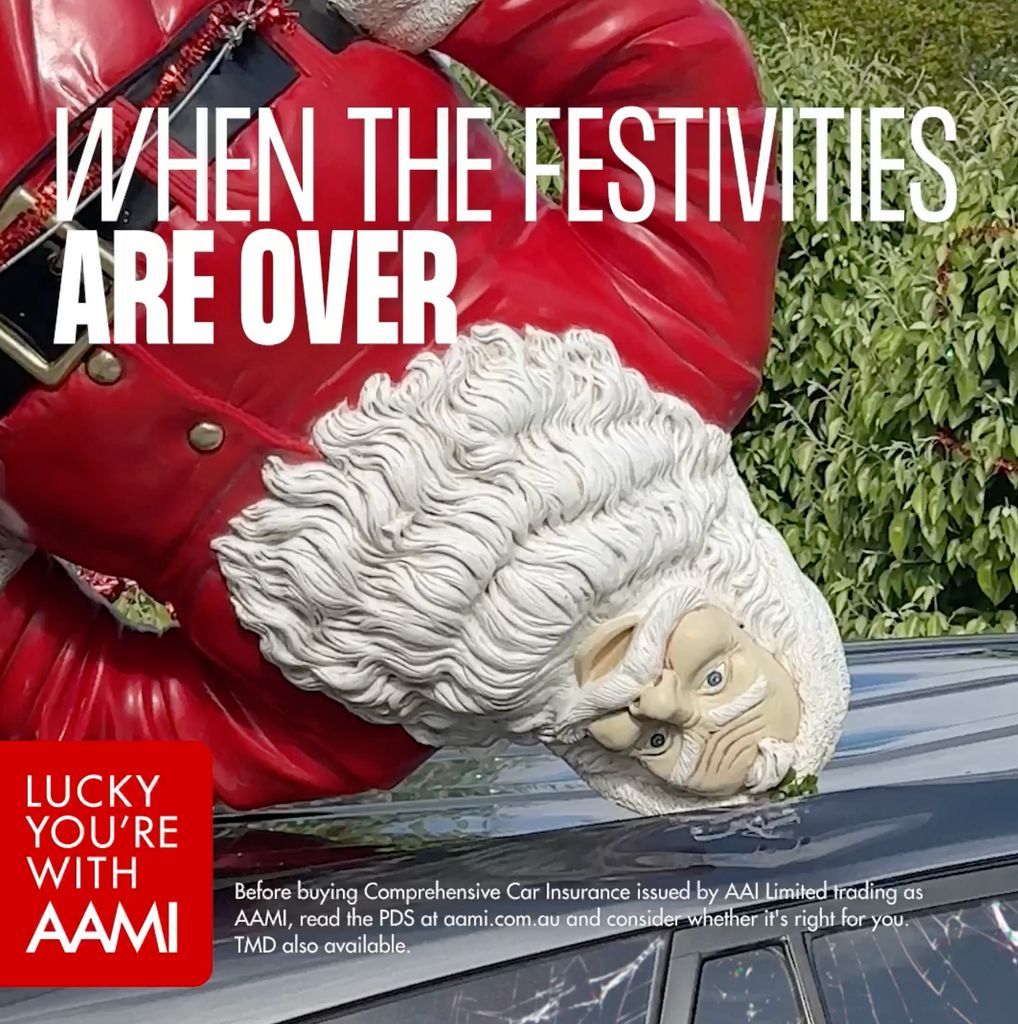

Image by DALL·E Pic: Midjourney
Editors' Note: Many Fast News images are stylised illustrations generated by Dall-E. Photorealism is not intended. View as early and evolving AI art!

New rules on the way,
TV prominence in play,
Will they truly sway?

ACMA calls for feedback on draft TV Prominence guidelines
The Australian Communications and Media Authority (ACMA) is calling for feedback after releasing a consultation paper outlining new TV prominence rules set to come into effect from January 2026.
The rules, which were put into draft legislation after years of consultation with the Australian media sector and TV manufacturers, will require all connected TV devices sold in Australia to pre-install free-to-air BVOD services. The aim of the prominence legislation is to make it easier for Australians to access free-to-air services and apps on their smart TVs and devices.
As part of the changes, ACMA has been given new powers to help bring in and oversee the TV prominence framework. The role includes determining which devices must comply with the minimum prominence requirements, where on the user interface (the home screen, landing page or similar) the rules must be met, and how TV services will be deemed to have been 'offered' for installation on devices.
The draft regulations could include guidelines such as pre-installing or having installed access when the device first connects to the internet, visibility on the primary user interface, and having a similar stature and location as other comparable applications including SVOD services. Section 7 of the draft regulations also specifies additional requirements for regulated television devices capable of receiving linear television broadcasting services using the broadcasting services bands subject to the prominence framework.
While many welcomed the long-awaited legislative change, Free TV Australia boss Bridget Fair, has said it doesn't go far enough. The industry body representing all of Australia's commercial free-to-air television licensees has advocated firmly for the amendment, which promised to ensure that local free-to-air broadcasters would be prioritised over global streamers on issues of sports rights and prominence on smart televisions.
"The prominence rules should apply to both new and existing connected TVs. We all know that not everyone can afford a new TV - especially at the moment - when people are already struggling to balance weekly grocery budgets and pay energy bills. Even the Government's own research shows that less than 1 in 10 people buy a new TV set each year," said Fair.
The consultation paper released today outlines ACMA's initial views. The communications authority has said it's also gathering evidence about the treatment of apps on smart TVs.
Among these are plans for how to apply a 'primary purpose test' in the event a device has multiple purposes, including mobile phones, tablets, laptop and desktop computers and video game consoles. ACMA said it's also exploring covering 'edge' devices on a case-by-case basis including smart monitors and projectors, and has hinted both are likely to fall out of the scope.
ACMA has additionally flagged the need to display all regulated TV services on a home screen may be extended to describe a 'primary user interface as a virtual space that may extend beyond the bounds of the screen'.
"We envision that scrolling may be required to reach all regulated television service apps, but not beyond a space that is double the initial view. This approach would provide a consistent outcome for users while also providing manufacturers with the flexibility to apply the prominence framework in differing ways, based on their existing user interfaces," ACMA stated in the consultation paper.
The new laws will also regulate online streaming services for the first time, with a 'broadcast safety net' approach that prevents media content services from acquiring the Australian broadcast rights to a listed event until a free-to-air broadcaster has been given a right to televise the event.
On announcing the prominence law plan in July, Communications Minister Michelle Rowland said, "Bringing streaming companies into the anti-siphoning scheme for the first time will help prevent iconic sporting events from slipping behind online paywalls."
However, Fair argued the laws contain significant gaps that will ultimately undermine the whole anti-siphoning framework and force Australians to pay thousands of dollars to streaming services to access the sporting events that Australians expect to watch for free.
"Research shows that 69 per cent of Australians access their TV via the internet, so it's hard to understand why these laws do not look after their interests and guarantee free sport for the millions who watch TV online," she said.
ACMA is also exploring how to apply a 'primary purpose test' in the event a device has multiple purposes, and is considering covering 'edge' devices on a case-by-case basis. The laws will be subject to mandatory review, and Free TV has affirmed that it will work actively to improve the new laws.










